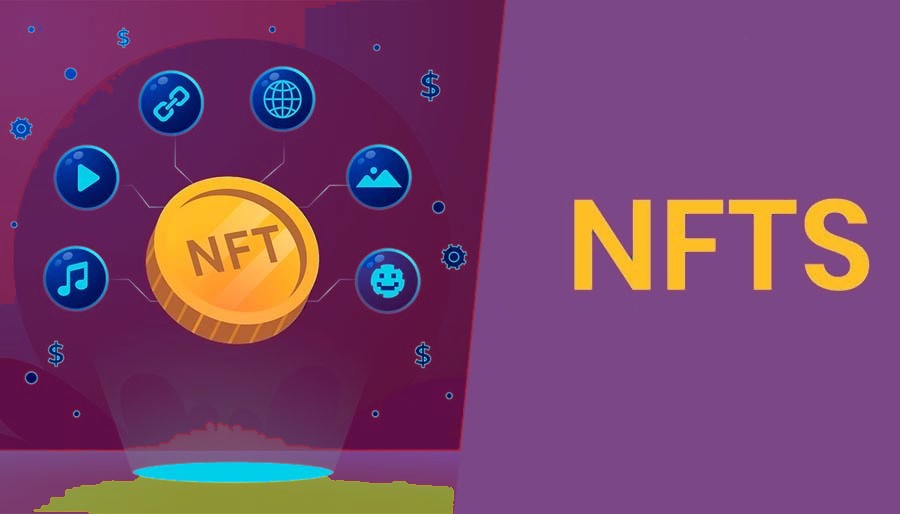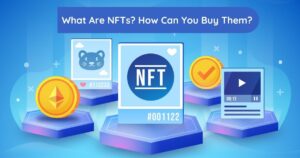In recent years, Non-Fungible Tokens (NFTs) have gained popularity as a new form of digital asset. An NFT is a type of token that represents a unique item, such as a piece of art, music, video, or even a tweet. Unlike traditional cryptocurrencies like Bitcoin or Ethereum, NFTs are not interchangeable, meaning that each one is unique and cannot be exchanged for another NFT.
Read more: Telegram Keywords for Link Insertions
NFTs are built on blockchain technology, which is a decentralized digital ledger that records transactions in a secure and transparent way. The blockchain ensures that each NFT is unique and cannot be duplicated or altered, making them a valuable asset in the digital world. NFTs are usually created using smart contracts, which are self-executing contracts with the terms of the agreement between the buyer and the seller directly written into code.
One of the most significant benefits of NFTs is that they allow creators to monetize their digital creations in a new and innovative way. For example, artists can sell digital artwork as NFTs, allowing them to earn money from their creations in the same way that physical artists do. Music producers can also use NFTs to sell exclusive digital albums, concert tickets, and other merchandise to fans.
NFTs can also be used to verify ownership of a particular digital item. For example, if an artist sells an NFT of their artwork, they can use the blockchain to verify that the person who owns the NFT is the rightful owner of the artwork. This can help to prevent piracy and ensure that creators are properly compensated for their work.
Another important feature of NFTs is that they can be bought, sold, and traded on various marketplaces. These marketplaces allow buyers and sellers to exchange NFTs for cryptocurrencies, such as Bitcoin or Ethereum. NFTs can also be traded for fiat currency, such as dollars or euros, on some platforms.
One of the most high-profile examples of an NFT sale was the digital artwork “Everydays: The First 5000 Days” by artist Beeple, which sold for a staggering $69 million at auction in March 2021. This sale highlighted the potential value of NFTs and their ability to provide a new revenue stream for digital creators.
However, NFTs have also faced criticism for their environmental impact. The blockchain technology used to create NFTs consumes a significant amount of energy, which has led to concerns about their carbon footprint. Some NFT marketplaces have taken steps to address this issue by using eco-friendly blockchain technology or offsetting their carbon emissions.
In conclusion, NFTs are a new and innovative way to monetize digital creations and verify ownership of unique digital assets. They offer an exciting opportunity for creators to earn money from their work and for buyers to own and trade exclusive digital items. However, as with any new technology, there are concerns about their environmental impact, and it will be important to address these issues as the use of NFTs continues to grow.




